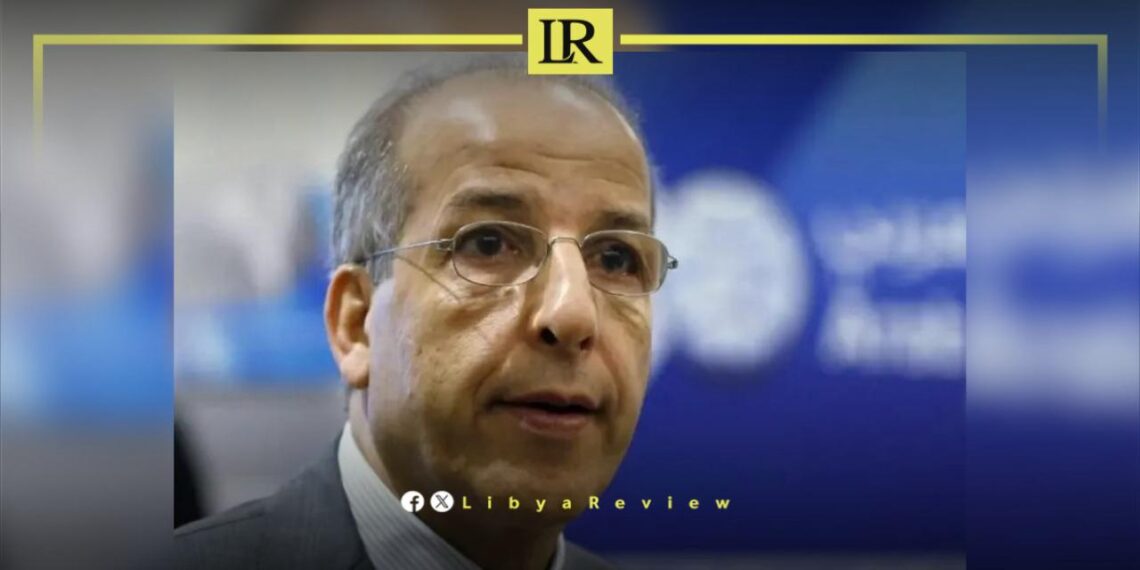The Governor of the Central Bank of Libya, Al-Siddiq Al-Kabir, has reportedly left the country along with other senior bank officials to protect their lives from potential attacks by armed factions, according to the Financial Times. In a phone interview with the newspaper, Al-Kabir disclosed that militants have been threatening and intimidating bank staff, occasionally even kidnapping their children and relatives to coerce them into continuing work.
Al-Kabir also stated that the attempts by interim Prime Minister Abdel-Hamid Dbaiba to replace him are illegal and conflict with agreements brokered by the United Nations concerning control of the central bank. This control crisis threatens to escalate instability in Libya, a major oil producer divided between factions in the east and the west, supported by Turkey and Russia respectively.
Earlier in the week, the United Nations Support Mission in Libya called for a suspension of unilateral decisions, the lifting of force majeure at oil fields, a cessation of escalation, and the use of force, as well as for the protection of central bank staff.
Libya has been in chaos since a NATO-backed uprising toppled longtime leader Muammar Gaddafi in 2011. The county has for years been split between rival administrations.
Libya’s economy, heavily reliant on oil, has suffered due to the ongoing conflict. The instability has led to fluctuations in oil production and prices, impacting the global oil market and Libya’s economy.
The conflict has led to a significant humanitarian crisis in Libya, with thousands of people killed, and many more displaced. Migrants and refugees using Libya as a transit point to Europe have also faced dire conditions.
The planned elections for December 2021 were delayed due to disagreements over election laws and the eligibility of certain candidates. This delay has raised concerns about the feasibility of a peaceful political transition.
Despite the ceasefire, security remains a significant concern with sporadic fighting and the presence of mercenaries and foreign fighters. The unification of the military and the removal of foreign forces are crucial challenges.


